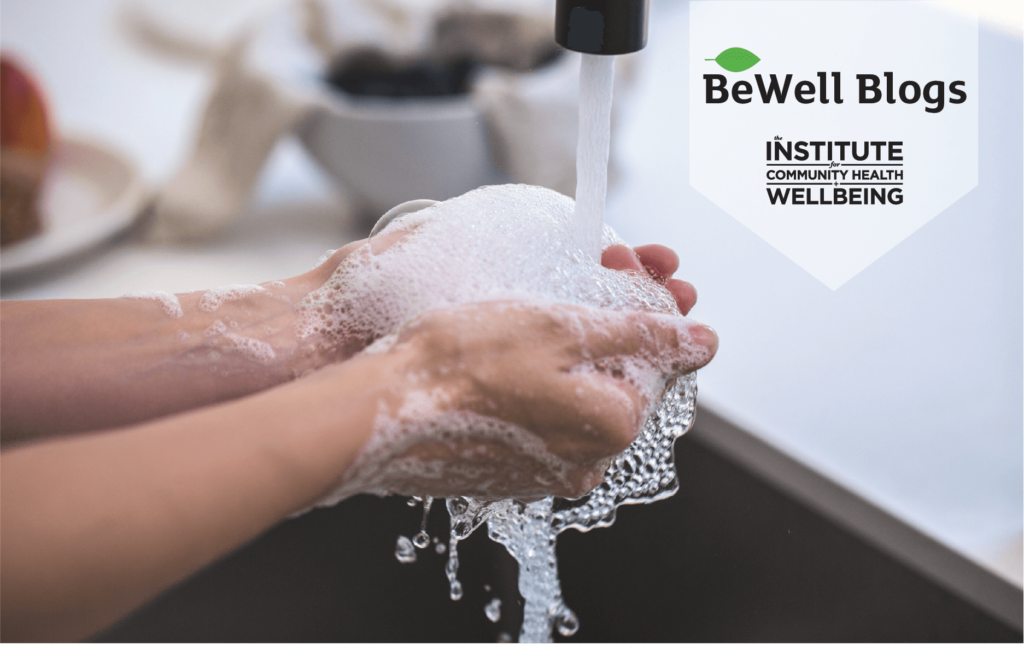
Image: Burst // pexels.com
By: Sarah Hofstedt, CSUN Public Health Intern
If you’ve ever found yourself wondering whether you really need to wash your hands, here are some facts to remind you of the importance of handwashing:
Most health-care associated infections (HAIs) could have been prevented with good hand hygiene. HAIs are infections people get while being treated in a health care setting, and are caused by bacteria, fungi, and viruses. What’s worse is that many of these infections are resistant to antibiotics; this means that they are difficult to treat, and preventing them with good hygiene is a healthcare provider’s best bet.
The developing world still struggles with access to handwashing facilities. There are efforts to improve global handwashing practice, but about 840 million people do not have clean water close to home.
Handwashing was not widely credited as being a major preventative measure for infections until the 1980s. Doctors in the 19th century were resistant to handwashing, partially because it was inconvenient and partially because it went against popular disease theories at the time, and the high rate of deaths in hospitals due to infection continued. Dr. Ignaz Semmelweis, the Hungarian doctor who discovered handwashing reduced deaths in his facility’s maternity ward, even has a metaphor named after him: The Semmelweis Reflex is the reflexive rejection of new evidence or knowledge because it contradicts popular beliefs.
It is estimated that only five percent of people with access to handwashing facilities after using the restroom do so correctly. It is recommended to wash hands with soap for at least twenty seconds at all critical such as after using the restroom, before eating, and before and after treating a cut or wound.
Antibacterial soap is not proven to be more effective than regular soap, and can even promote antibacterial resistance. It can even trick people into thinking they don’t have to wash their hands as often. Marketing antibacterial soap is restricted by the FDA because of the lack of evidence supporting its effectiveness.
Next time you think about leaving the restroom without scrubbing with soap and water, think again!
